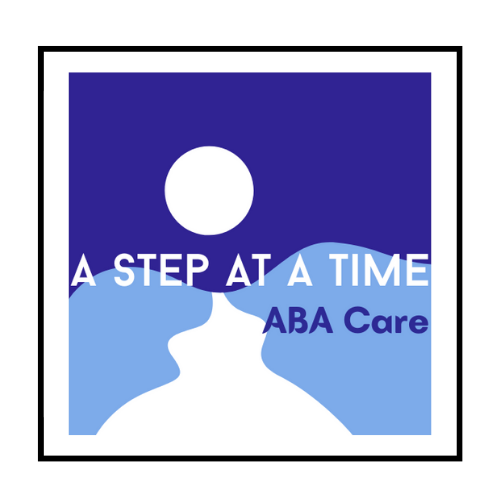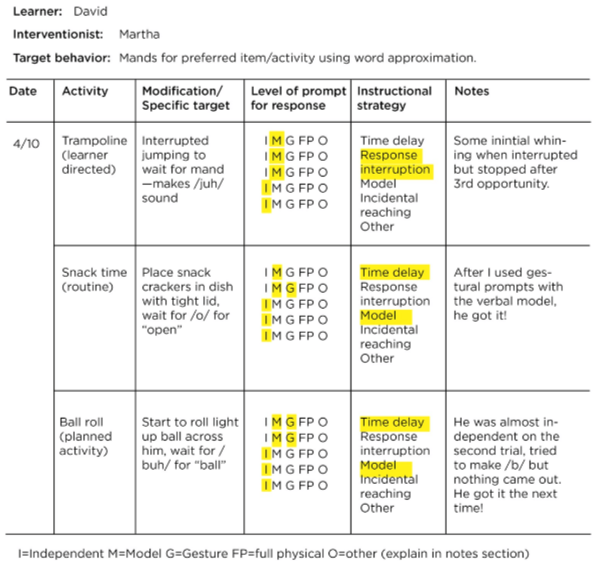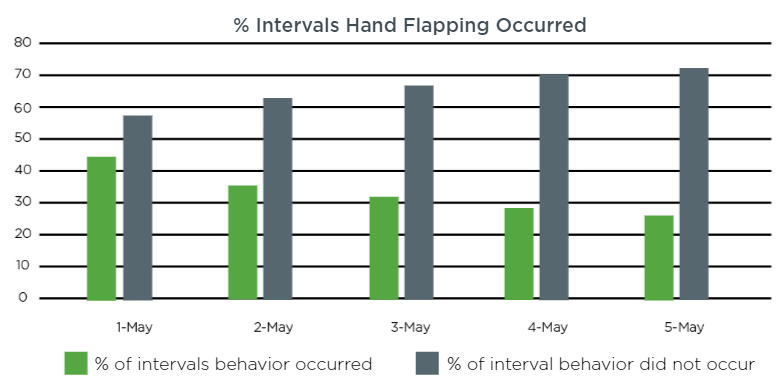
Visualize your Care Journey
Screening by a pediatrician does not diagnose autism. It flags behaviors often associated with the condition. After screening, a diagnostic evaluation is required.
-
Wondering whether your concerns are founded? Take the M-CHAT-R Autism Screening Test. If the child is below 24 months, rescreen at the 24-month mark.
You know your child best. Trust your gut, if you are worried and/or notice other behaviors of concern, take your child to a healthcare provider.
You are your child’s advocate. Sign up for our newsletter to receive tips, resources, and updates!
-
A pediatric neurologist or psychologist familiar with autism or related disorders or a developmental pediatrician will run the diagnostic evaluation.
Getting a diagnosis early is critical to determine medically necessary and efficacious treatment.
We strongly encourage caregivers to schedule the diagnostic visit now and to call regularly to try to accelerate the timeline. Specialists are typically booked out 12 - 24 months ahead.
Importantly, you do not need to wait for a diagnosis for your child to receive services if they are paid for privately (self-pay) or through the education system (IEP). Federal law requires states to provide therapy whenever screening identifies developmental delays or learning challenges.
Note that your commercial insurance plan will liekly require a formal diagnostic evaluation from an Autism Spectrum Disorder (ASD) specialist.
-
Depending on which Autism Spectrum Disorder (ASD) specialist you visit (developmental pediatrician, pediatric neurologist or pediatric psychologist), the most comprehensive diagnostic evaluation will generally include the following:
A detailed parent interview, during which the individual’s history of social behavior, language and communication, and interests and behavior are discussed
A behavioral rating scale tool to evaluate the characteristics of ASD such as the ADOS (Autism Diagnostic Observation Schedule), the ADI-r (Autism Diagnostic Interview-Revised), or the CARS (Childhood Autism Rating Scale)
An IQ test to determine intellectual strengths and weaknesses
Results will typically be compiled into a confidential report, which can be shared with anyone of the parent’s choosing. The report will also include treatment recommendations.
Once diagnosed, the care journey includes 5 steps:
1. Why ABA?
-
Call us. We listen, understand the context, and define the best next steps together.
We will complete the intake process with you over the phone.
Alternatively, complete our intake form on our website directly: scroll down to the footer and “Contact Us” section. Once the form is submitted, we will reach out within 24 hours.
-
If you have a diagnostic report, please send it with a copy of the front and back of your insurance card with the member’s date of birth (if applicable). Our email is: info@abaastepatatimecare.com.
Once services are approved, we will share our parent handbook, which includes important documentation including requirements for providing services, patient rights, financial agreements, and responsibilities of all parties. If terms were to change, we would provide advance notice.
Getting your child best-in-class care fast is imperative. As such, we commit to limiting the intake-to-service window to 3 weeks.
2. Intake:
-
ABA is widely recognized as the single most effective treatment for individuals with Autism Spectrum Disorder (ASD) and related disorders.
ABA is a scientifically-proven and evidence-based discipline.
ABA is endorsed as the single demonstrably effective intervention for autism by the American Academy of Pediatrics and the United States Surgeon General.
Research shows that a sizable minority (47%) of children receiving intensive ABA therapy treatment from an early age lose the diagnosis and reintegrate into a generalized school setting.
-
Other disciplines such as speech, occupational, and physical therapy can complement the ABA treatment plan as appropriate.
Communication between all members of your child’s care team is important to streamline your child’s progress. We ensure that all professionals working with your child collaborate tightly to monitor progress.
If your providers are external to our organization, our BCBA will typically coordinate the overall care for you.
-
Consult your pediatrician or specialist to further confirm the importance of ABA for your child.
Obtain your child’s comprehensive diagnostic report from a specialist. Ensure the report is manually signed by the diagnostician alongside his or her credentials.
3. Therapy:
-
This initial assessment is the cornerstone of your child’s treatment plan.
A Board-Certified Behavior Analyst (BCBA) carefully selected for how his or her expertise matches your child’s profile, will come to your home to meet and play. 4-8 hours spent with your loved one and your family will allow the BCBA to assess your child’s skill strengths and needs.
The BCBA then layers on your family’s unique values and preferences to determine which learning objectives to target and the associated treatment hours required. This constitutes your child’s individualized treatment plan.
-
Based on the initial assessment, your BCBA will consider the full gamut of ABA therapy techniques to build your child’s treatment plan. These range from more structured discrete trial-based training conducted at a desk to more naturalistic play-based strategies.
Therapy sessions are run in a one-to-one format in a home, office, or school setting.
A caregiver must be present in a home or office setting. Each child’s program is designed to match the caregivers’ availability while respecting the times and environment in which the child can best learn and interact.
-
As in any team, coaching the MVP is essential to win. In this situation, the MVP on your child’s team is you! You know your child best. Parent training will be very important to your child’s and family’s success and quality of life. This extends to all caregivers (grandparents, aunties, aides, etc.)
Your BCBA will help channel your unique bond with your child into a powerful force for behavior change. You will learn the proper ABA techniques and how to apply them to the targeted areas in an effort to provide your child with a continuum of care outside of dedicated ABA therapy sessions. Caregiver coaching is time well spent and will translate into tangible results.
We send out surveys regularly to measure your satisfaction throughout your care journey. Please share open and honest feedback.
It is always our priority to respond to feedback and address any concerns immediately. To file a complaint or grievance about any aspect of our care, please email us.
4. Progress:
5. Discharge:
-
Formal reassessments occur at least every 6 months to gauge progress. Every success is celebrated to instill confidence, pride, and the desire to do more.
A BCBA optimizes progress by tracking behaviors and adjusting goals as often as needed. Modifications are supported by the data collected during therapy.
-
We are in lockstep with our families, keeping them abreast of the targeted skills or behaviors as they evolve and of the child’s progress over time.
Our BCBAs always seek consent from a parent or guardian, and assent from the child before implementing new strategies.
-
With all behavioral and social goals met, a child has reached the best outcome. For a sizable minority (47%), this means that the child can be integrated into a generalized classroom setting.
-
For a majority of children, graduating means that they have progressed to the point where they can be integrated into a special education setting with varying degrees of academic support.
Our services include both special education itinerant teachers and personalized academic coaching.
Our Roadmap is Data
Our clinicians rigorously follow in-house protocol to ensure effective, consistent data collection.
-
In order to provide the best possible care levels, we collect, monitor, and safeguard your data on latency from the point of first contact to graduation.
We take this responsibility very seriously and protect your data.
We can share your client history with any provider you choose.
-
We live by our standard process for prescribing data collection and analysis procedures.
This includes the types of data to be collected, the method of data collection, the frequency of data collection, procedures for ensuring reliability of data collection, and the frequency of data analysis.

Parents are encouraged to review their little one’s progress regularly on our portal.
We empower caregivers by giving them direct access to their loved one’s information via our electronic medical record.
Our clinicians are always available to answer further questions.
Contact Us
Intake Form:
Call Us:
Quality early intervention is key. Fill out the intake form and we’ll be in touch within one business day.
Services available on a first-come, first-served basis and by therapist availability in your area.





